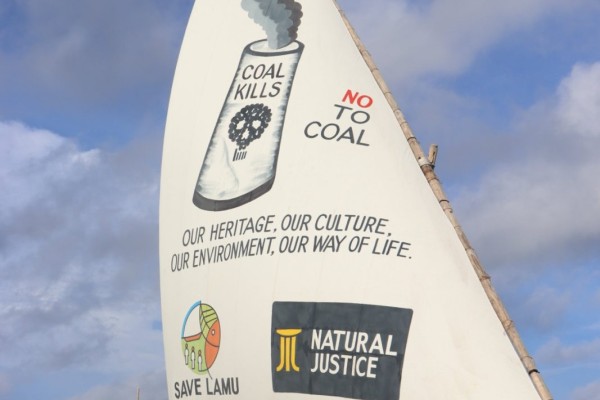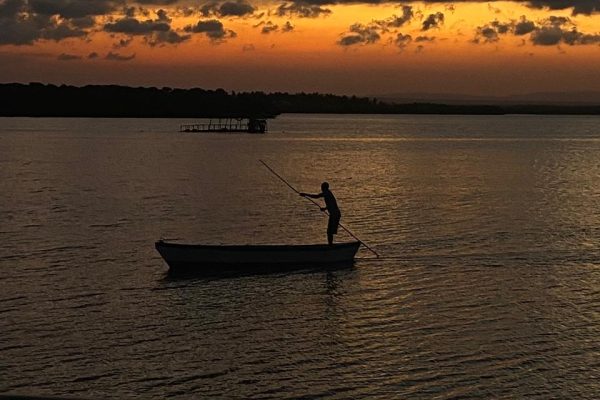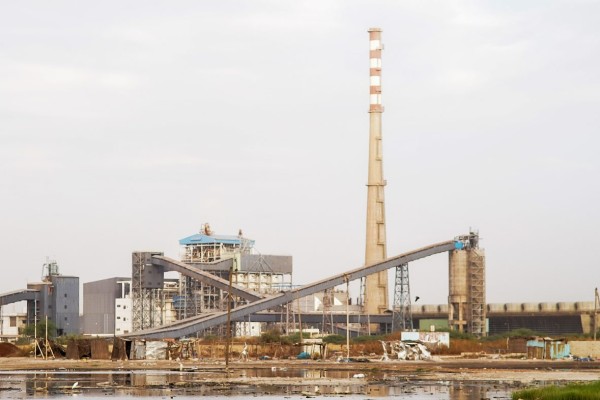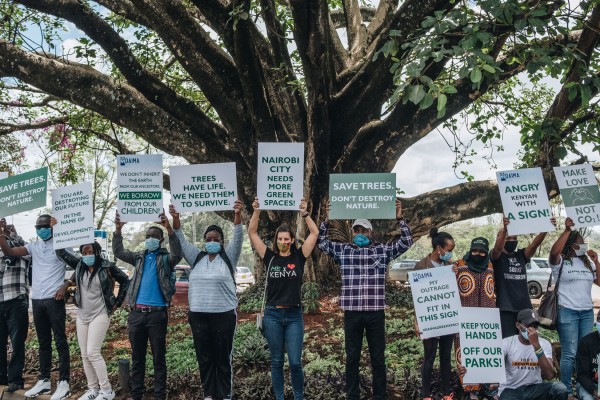On November 19th Maya Sikand from Natural Justice attended a roundtable meeting on the effect of oil and mining activities on communities in Nairobi, Kenya. The meeting opened with a presentation by Kenya Institute for Public Policy Research and Analysis (KIPPRA) researcher Joshua Laichena on an upcoming research project KIPPRA is undertaking with the Brookings Institute on the effects of oil and mining activities on communities in Turkana, Kwale and Kitui Counties. Currently, the research is in the planning phases, but it will hopefully be complete by March 2014. The research will consist of multi-stakeholder forums, community interviews and GIS mapping.
Most attendees articulated that Kenya needs further laws to regulate this sector, especially as the legal landscape is changing very quickly. A need was expressed for a community engagement mechanism that will work for Kenya as a country. This should include good communication mechanisms to help the community to understand and participate in decision-making processes. Capacity-building is also necessary are communities are currently unable to negotiate for themselves (especially when up against well-paid international lawyers for investing companies). Natural Justice’s work with BCPs seems particularly relevant to these needs.
KIPPRA’s research operates from the premise that oil and mining will not just bring national benefit but is inherently interlinked to communities and the environment. Therefore they are asking, how can Kenya avoid the resource curse and follow in the footsteps of Botswana, Norway and the US, not Nigeria and the DRC? This is especially important because oil and mining isn’t just the latest hot cake in Kenya, but it will occur in ecologically sensitive zones and conflict areas (Somali and South Sudan borders).






